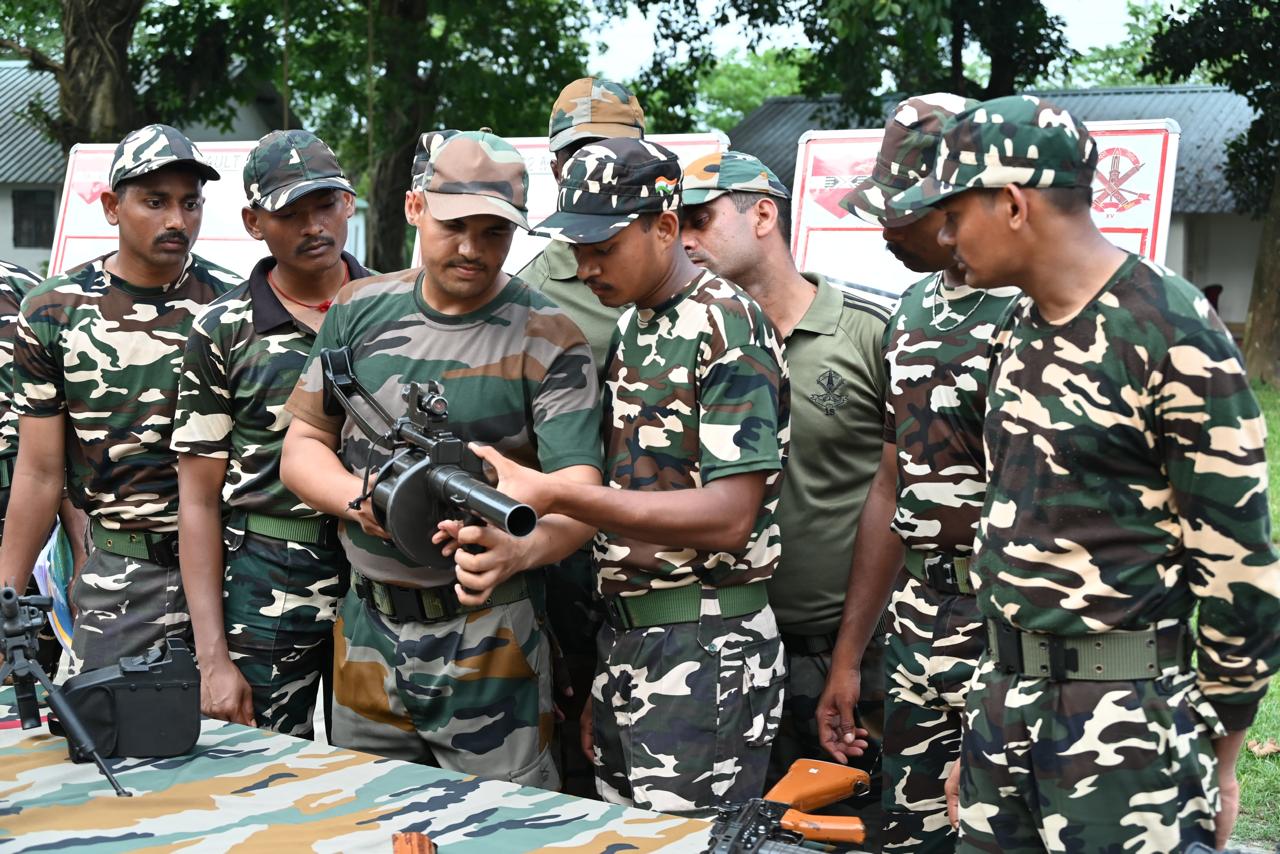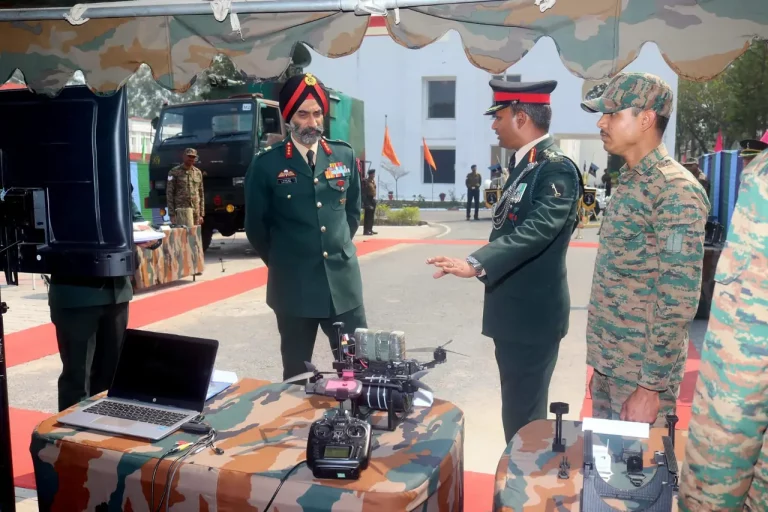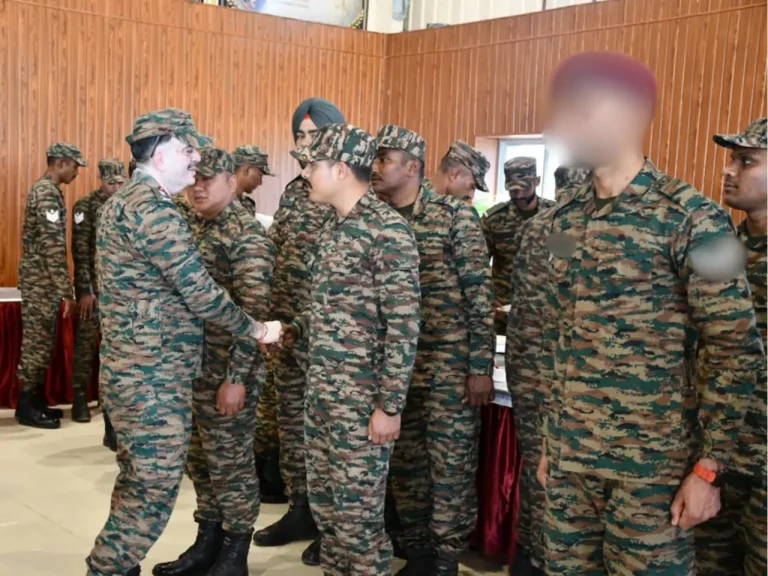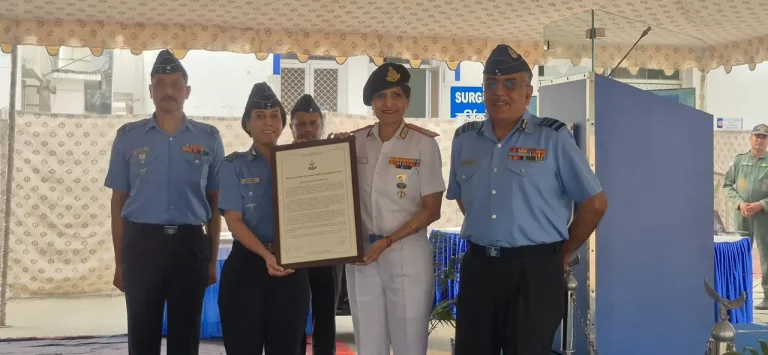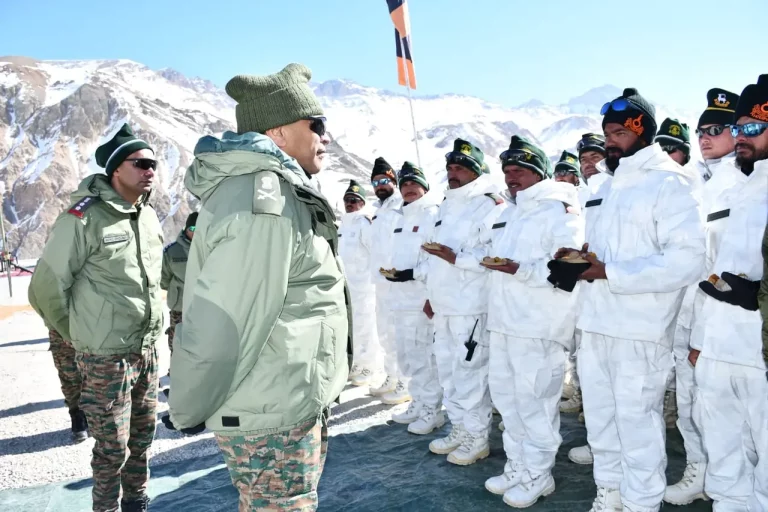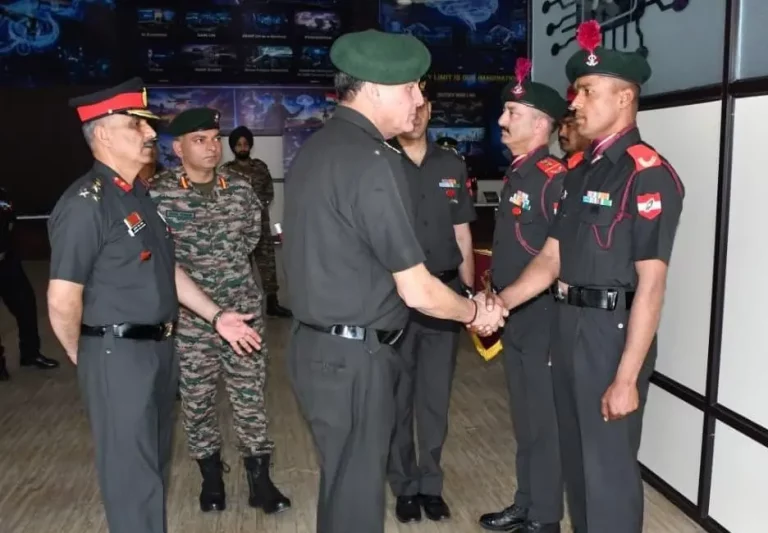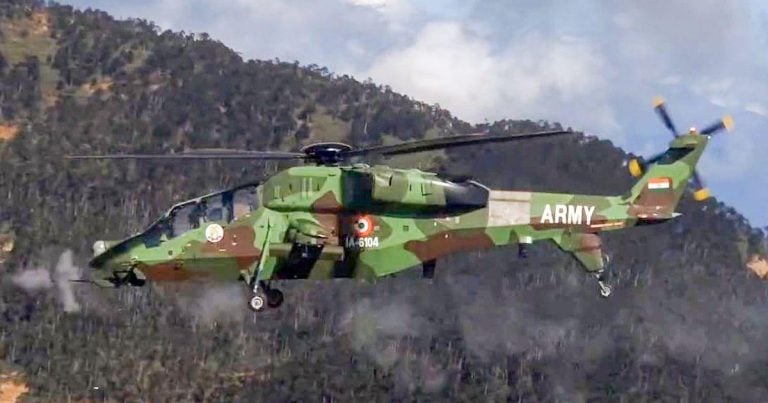The Indian Army and the Sashastra Seema Bal (SSB) have successfully completed a rigorous joint training exercise in the challenging foothills of Darjeeling, focusing on enhancing their hybrid warfare capabilities and bolstering border security. This initiative comes at a time of escalating regional tensions and seeks to integrate lessons learned from previous conflicts into a comprehensive approach to defense preparedness in the complex Himalayan landscape.
Originally established in the aftermath of the 1962 Sino-Indian War, the partnership between the Indian Army and the SSB has progressed from a basic framework centered on intelligence sharing to a more robust, hands-on training program. The recent exercises, conducted in imposing terrain near the Indo-Bhutan border, involved advanced tactical maneuvers like close-quarters combat techniques, precision weapon handling, and rapid responses to various hybrid threats.
The SSB’s broader mission—to secure the 699-kilometer Indo-Bhutan border—has gained additional urgency following recent trends in tourism and movement patterns within the region. This border area, known for its difficult topography and limited infrastructure, is recognized as geopolitically sensitive. The exercises aim to ensure continuous vigilance and the capability for swift responses to emerging challenges.
Military analysts have highlighted that the training program is rooted in hybrid warfare principles first articulated by strategist Frank Hoffman in 2007. This doctrine advocates for an amalgamation of conventional tactics, irregular maneuvers, cyber operations, and psychological strategies to effectively counter modern threats. Insights from historical conflicts, such as the Vietnam War and recent asymmetric engagements, have informed this evolving military strategy and are increasingly reflected in the Indian Army’s operational framework.
By merging the strategic expertise of the Indian Army with the SSB’s specialized focus on border security, the joint exercise seeks to improve operational interoperability, foster mutual trust, and enhance India’s capability to navigate dynamic security threats. Defense experts view this initiative as a proactive measure to safeguard national security during a time when the nature of warfare is becoming increasingly unpredictable and multifaceted.
Looking ahead, the exercise is anticipated to lay the groundwork for more integrated training paradigms between India’s military and paramilitary forces, marking a significant step toward a more agile and responsive national security framework.
